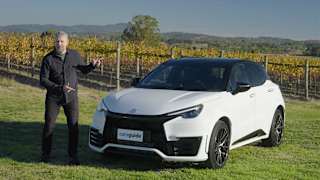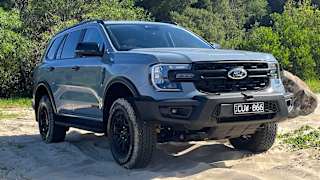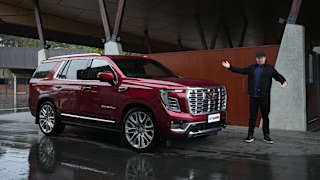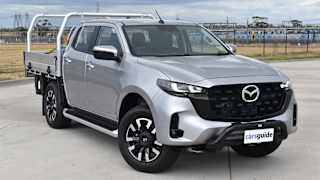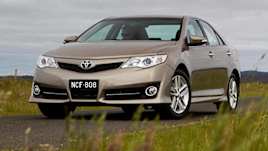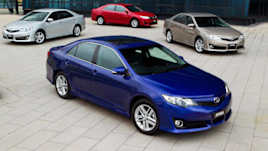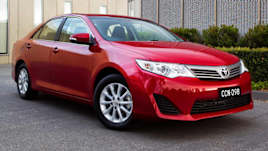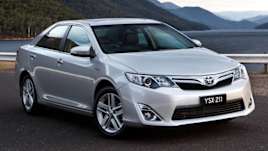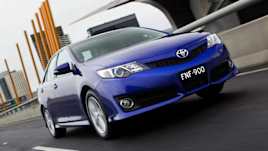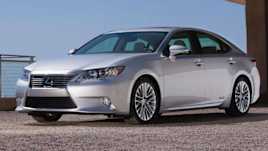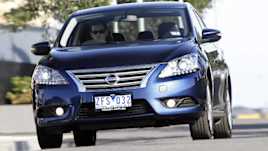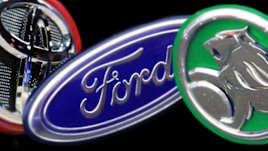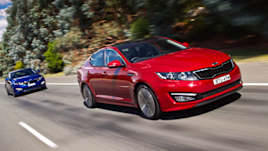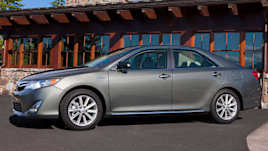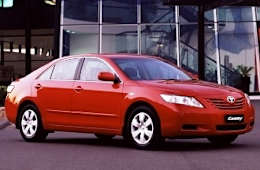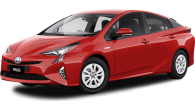Browse over 9,000 car reviews
- Abarth
- Alfa Romeo
- Alpine
- Armstrong Siddeley
- Asia Motors
- Aston Martin
- Atlis
- Audi
- Austin
- Austin Healey
- Automobili Pininfarina
- Bedford
- Bentley
- Bertone
- BMW
- BMW ALPINA
- Bolwell
- Borgward
- Brabham
- BUFORI
- BUGATTI
- Buick
- BYD
- Cadillac
- Caterham
- Chery
- Chevrolet
- Chrysler
- Citroen
- Corsa Specialized Vehicles
- CSV
- Cupra
- Daewoo
- Daihatsu
- Daimler
- Datsun
- De Tomaso
- Dodge
- Eunos
- EV Automotive
- Ferrari
- Fiat
- Fisker
- Ford
- Foton
- FPV
- FSM
- Fuso
- Geely
- GENESIS
- Giocattolo
- GJM
- GMC
- GMSV
- Goggomobil
- Great Wall
- GWM
- Haval
- Hillman
- Hino
- Holden
- Holden Hdt
- Honda
- HSV
- Humber
- Hummer
- Hyundai
- Ineos
- Infiniti
- International
- Iso
- Isuzu
- Iveco
- Jaguar
- Jeep
- Jensen
- JMC
- Kia
- Koenigsegg
- KTM
- Lada
- Lamborghini
- Lancia
- Land Rover
- LDV
- Lexus
- Leyland
- LIFAN
- Lotus
- Mahindra
- Maserati
- Maybach
- Mazda
- Mclaren
- Mercedes-Benz
- MG
- Mini
- Mitsubishi
- Mitsubishi Fuso
- Morgan
- Morris
- N.S.U.
- Nissan
- OKA
- Opel
- Panther
- Performax
- Peugeot
- Pininfarina
- Polestar
- Pontiac
- Porsche
- Prince
- Proton
- Ram
- Rambler
- Renault
- Rivian
- Rolls-Royce
- Rover
- Saab
- Seat
- Simca
- Singer
- Skoda
- Smart
- Ssangyong
- SSC
- Standard
- Studebaker
- Subaru
- Sunbeam
- Suzuki
- Tata
- TD 2000
- Tesla
- Toyota
- Triumph
- TVR
- Vanden Plas
- Vauxhall
- Vespa
- Volkswagen
- Volvo
- Wolseley
- Zeta
- ZX Auto
